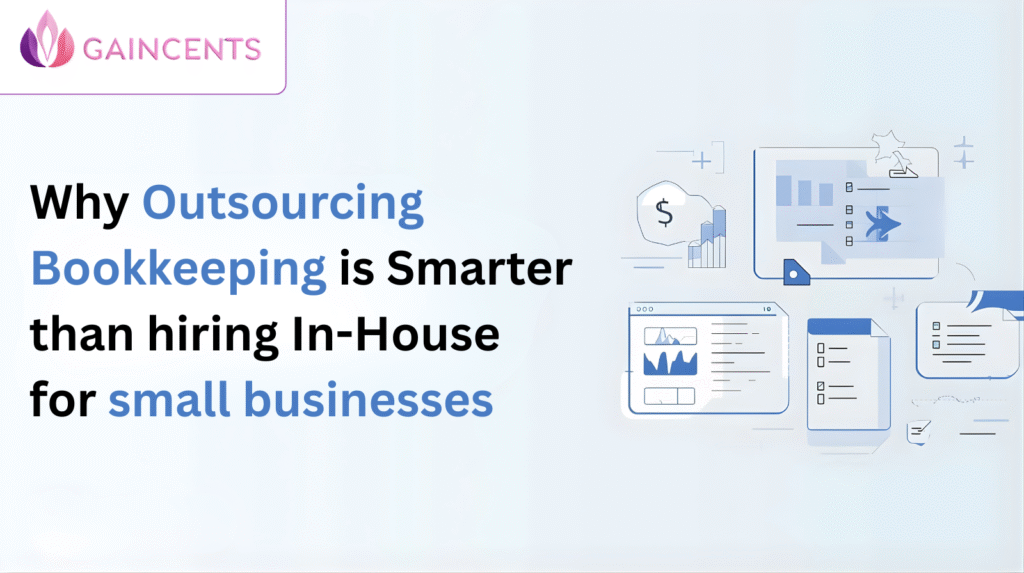The Future of Finance: How Digital Wealth Management is Transforming Investing
The Future of Finance: How Digital Wealth Management is Transforming Investing In today’s hyper-connected world, money management is no longer confined to boardrooms and bulky ledgers. The evolution of technology has opened the doors to a new era of intelligent investing — digital wealth management. This revolutionary approach is reshaping how individuals and businesses handle their financial portfolios, providing smarter, data-driven, and more accessible tools for long-term wealth creation. Understanding Digital Wealth Management Digital wealth management refers to the use of technology-driven platforms and algorithms to plan, manage, and optimize financial portfolios. Unlike traditional models where advisors manually evaluate assets and risk profiles, this system leverages automation, artificial intelligence (AI), and big data to personalize investment strategies. These platforms are designed to simplify complex financial decisions, providing users with real-time insights, diversified portfolios, and low-cost alternatives to conventional wealth advisory services. The accessibility and transparency they bring make them particularly appealing to millennials and tech-savvy investors who prefer managing their money online. Key Benefits of Digital Wealth Management 1. Personalization Through Data Analytics No two investors are alike. With AI and data analytics, digital platforms analyze spending habits, risk appetite, and future goals to curate customized investment strategies. This personalized approach ensures that the portfolio aligns with individual financial objectives, whether it’s retirement planning, education funding, or wealth preservation. 2. Cost Efficiency Traditional wealth management often involves high fees due to manual processes and advisory charges. Digital platforms, however, automate much of the analysis and execution, significantly reducing operational costs. Lower fees mean more of your money stays invested — a small but crucial factor in compounding long-term gains. 3. 24/7 Accessibility With mobile apps and cloud-based dashboards, users can monitor their investments anytime, anywhere. Gone are the days of waiting for quarterly updates — investors can now track market movements, adjust portfolios, and even execute trades with just a few taps. 4. Enhanced Transparency One of the major attractions of digital wealth management is transparency. Investors can see exactly where their money is going, how it’s performing, and what fees are being charged. This level of clarity builds trust and confidence in the system. 5. Smart Automation & Risk Control Automated rebalancing, tax optimization, and algorithmic trading ensure that your investments remain aligned with your goals, regardless of market volatility. These smart systems are constantly learning and improving, giving users a refined investment experience. The Role of Artificial Intelligence and Automation AI has become the cornerstone of digital wealth management. From predicting market trends to optimizing asset allocation, AI-driven algorithms provide precision that human advisors can’t always match. Automation eliminates emotional biases — such as panic selling or overconfidence — ensuring that decisions are based purely on data. Moreover, AI chatbots and virtual assistants are enhancing user experience by answering queries, offering portfolio suggestions, and even forecasting future performance. This seamless integration of automation allows investors to focus more on strategy and less on manual tracking. The Rise of Sustainable and Ethical Investing Another remarkable shift within this domain is the rise of ESG (Environmental, Social, and Governance) investing. Modern investors are not just chasing profits; they want their money to support sustainable causes. Many digital platforms now provide options to filter and select funds based on ESG parameters, ensuring that investments align with personal values. By blending ethical investing with technology, digital wealth management platforms are empowering a new generation of conscious investors who aim to create both financial and social impact. Challenges and the Road Ahead While digital solutions bring efficiency and innovation, they’re not without challenges. Cybersecurity remains a major concern, as platforms deal with sensitive financial data. Building trust through advanced encryption and regulatory compliance will be crucial in sustaining user confidence. Another hurdle is the human touch — despite automation, many investors still value personalized conversations and reassurance from financial experts. The future likely lies in hybrid models that combine digital intelligence with human insight, offering the best of both worlds. As financial literacy and smartphone penetration grow globally, the demand for intuitive, digital-first solutions will only accelerate. The next decade is poised to witness rapid integration of blockchain, predictive analytics, and AI-driven risk modeling — making investing simpler, safer, and smarter. 📊 Why Embracing Digital Wealth Management Matters Embracing digital wealth management isn’t just about convenience; it’s about empowerment. It democratizes access to wealth-building tools once reserved for high-net-worth individuals. Now, anyone with a smartphone can create a diversified portfolio, set long-term goals, and monitor progress in real time. Whether you’re a young professional planning your financial future or an established investor seeking smarter tools, going digital is no longer optional — it’s essential. ❓ FAQs 1. What is digital wealth management? Digital wealth management is a technology-based system that automates investment planning, asset allocation, and portfolio management using AI and data analytics, providing efficient and low-cost financial solutions. 2. Is digital wealth management safe? Yes, reputable platforms use advanced encryption, secure servers, and compliance frameworks to protect user data. However, always choose regulated platforms and use strong authentication methods. 3. Who can benefit from digital wealth management? Anyone — from beginners to experienced investors — can benefit. It’s particularly useful for people who prefer managing finances online with access to real-time data and automated rebalancing. 4. How is it different from traditional wealth management? Traditional wealth management relies on human advisors and manual research, while digital systems use algorithms and AI for data-driven decision-making, offering greater accessibility and reduced costs. 5. Can I combine digital tools with a human advisor? Absolutely. Many platforms now offer hybrid models, allowing you to enjoy automated efficiency while still receiving expert advice when needed. Final Thoughts In an age defined by speed, transparency, and innovation, financial success belongs to those who adapt. With its blend of automation, analytics, and accessibility, digital wealth management is redefining the very fabric of investing. For individuals seeking structured yet simplified ways to manage their finances, expert-led digital advisory platforms have become indispensable, Gaincents blend technology with financial insight designed


